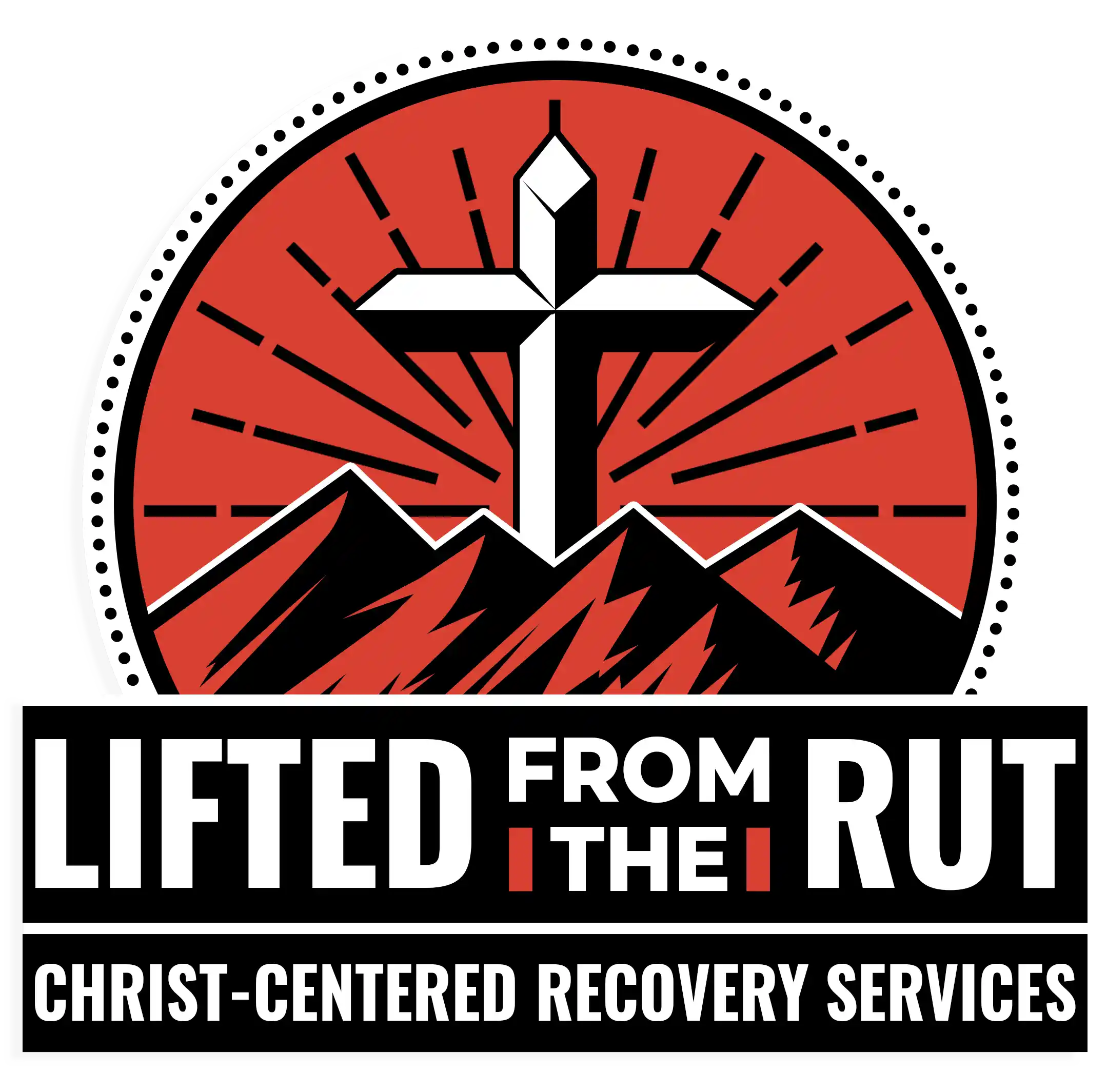Completing a rehab program is a critical milestone in addressing substance use, but it is only the beginning of the recovery journey. The transition from structured treatment back to daily life is often one of the most challenging periods, as individuals face triggers, stressors, and the responsibility of maintaining sobriety without constant clinical oversight. Alumni programs are designed to bridge this gap, offering structured support that extends well beyond the initial phase of treatment.
This article explores the role of these programs in sustaining recovery, the resources they provide, and the long-term benefits of staying connected to a supportive community.
The Role of Alumni Programs in Sustaining Recovery
Completing rehab is a major milestone, but recovery doesn’t stop there, it requires ongoing support to remain strong. Alumni programs help bridge the gap between treatment and everyday life by keeping individuals connected to peers, professionals, and structured resources. This sense of community reduces isolation, builds accountability, and reinforces the coping skills learned in treatment.
Since relapse rates in the first year can range from 40–60%, continued care is essential. Recovery communities provide consistent check-ins, group activities, and quick access to follow-up care if challenges arise. Just as importantly, the right alumni programs inspire hope by connecting people with others further along in their recovery journey, showing that long-term sobriety is not only possible but sustainable.
Personal Growth and Skill Development
Recovery is not solely about avoiding substances, it is also about building a meaningful, stable, and purposeful life. Alumni programs foster personal growth through workshops on communication, financial literacy, and healthy relationships. They often include wellness activities such as fitness challenges, yoga, or nutrition support, which strengthen overall health and emotional balance.
Many programs also encourage a patient to take on mentorship roles, guiding newer members while reinforcing their own commitment to sobriety. These opportunities promote confidence, resilience, and practical life skills that contribute to sustained recovery.
Accountability and Motivation
In early recovery, consistency and accountability are crucial. Alumni programs create regular touchpoints through meetings, check-ins, and sober social events. These interactions provide reminders of personal goals and reinforce the importance of staying on track.
More importantly, accountability comes from belonging to a group where progress is noticed. Having peers who recognize when someone is struggling adds a layer of support that can make a decisive difference in relapse prevention. Recovery communities nurture this accountability, keeping motivation strong as sobriety becomes a long-term lifestyle.
Access to Valuable Resources
Another advantage of alumni programs is access to resources that make recovery more sustainable. These may include ongoing therapy or counseling referrals, connections to sober mentors, job readiness training, or workshops on relapse prevention and stress management.
Practical support, such as career guidance or sober activities, helps individuals rebuild their lives with confidence. By providing both professional and peer-driven resources, alumni programs ensure that recovery is supported on mental, emotional, social, and practical levels.
Opportunities to Give Back
Service is often a key part of recovery, and recovery communities provide structured ways to give back. Alumni may share their recovery stories, volunteer at events, or mentor new members. Research shows that peer support not only benefits those receiving it but also strengthens the sobriety of the person providing it.
Helping others reinforces accountability, builds self-confidence, and fosters a sense of purpose, all of which are protective factors against relapse. Alumni programs make this reciprocal support an ongoing part of recovery.

Building a Sober Social Network
Social connections play a major role in long-term sobriety. Many people leaving rehab struggle with the loss of old relationships tied to substance use, which can leave them vulnerable to isolation. Recovery groups address this by creating opportunities for sober friendships through group activities, community service, and social events.
These connections provide enjoyment, companionship, and encouragement, proving that a fulfilling social life is possible without drugs or alcohol. Over time, this sober network becomes an anchor that helps recovering individuals feel connected and supported.
Long-Term Health and Wellness
Recovery is most effective when it extends beyond abstinence to support overall health and stability. Alumni programs often integrate physical wellness, emotional growth, and spiritual support to create a balanced approach to long-term recovery. Structured activities such as fitness groups, mindfulness practices, and nutritional education promote physical and mental well-being, while faith-based components offer spiritual grounding and a sense of purpose. Research consistently shows that holistic approaches addressing body, mind, and spirit improve resilience and reduce the risk of relapse.
As alumni programs combine wellness practices with spiritual renewal they help participants strengthen coping strategies that carry into all areas of life. For many, faith serves as a central anchor that fosters hope and long-term commitment to a healthier lifestyle. This holistic framework not only reduces stress and supports mental clarity but also provides individuals with a foundation of meaning and guidance that enhances sustained recovery.
Tips on How to Get Involved in an Alumni Program
Begin by contacting your treatment center to learn about available programs, then attend your first check-in or support meeting to get connected. From there, you can join educational workshops that cover relapse prevention, stress management, and healthy living skills, while also participating in sober social events that help you build supportive friendships.
Many programs also offer mentorship opportunities for added accountability, along with online forums or social media groups that provide 24/7 peer support. By staying engaged in these activities, you can maintain consistency and reinforce your long-term commitment to sobriety.
Final Thoughts from LFTR Christ-Centered Rehab Services
Alumni programs are not just a way to maintain contact after treatment. They serve as a structured, long-term support system that reinforces recovery. By offering accountability, opportunities for personal growth, sober social connections, wellness practices, and ways to give back, these programs help build a strong foundation for lasting sobriety.
At LFTR Christ-Centered Rehab Services, we provide comprehensive alumni programs in Colorado designed to foster fellowship, encouragement, and accountability well beyond formal treatment. Our community blends faith-based guidance with professional support, creating a space where individuals can grow spiritually and emotionally. Through regular gatherings, outreach opportunities, and mentorship, alumni strengthen their resilience, celebrate milestones, and walk the journey of recovery together as a family.





